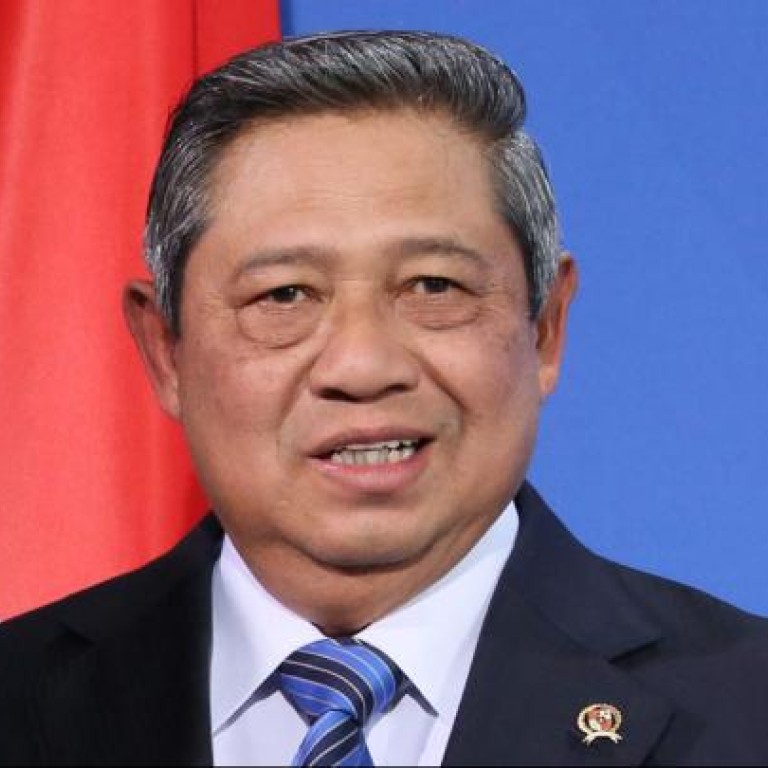
A shame to forget the poorest of the poor
Greg Duly says we must address inequalities, particularly among children, when setting goals
All eyes will be on Bali this week as Indonesian President Susilo Bambang Yudhoyono hosts a meeting that will define the next global development agenda. The UN High Level Panel for the post-2015 agenda, co-chaired by Yudhoyono, has put ending extreme poverty on their agenda - but this goal will only be realised if the world tackles rising inequality.
Overall, the period covered by the UN Millennium Development Goals has been an unprecedented human development success story. Since 1990, the world has seen 600 million people lifted out of poverty, 56 million more children going to school and 14,000 fewer children dying from preventable causes each day. Indeed, the evidence shows that political will and commitment can bring about real change.
However, vast progress at the aggregate level hides unequal progress. In its report, "Born Equal", Save the Children revealed that the bulk of improvements have actually been concentrated in the wealthiest segments of society across all regions of the world.
In Indonesia, for example, almost all women in the richest 20 per cent now have a skilled attendant at birth as opposed to just 40 per cent in the poorest fifth. Additionally, despite overall improvements across all nutrition indicators, more Indonesian children in the poorest households experienced malnutrition between 2007 and 2010.
How has this happened and why is the situation worsening for the poorest and most vulnerable children? Aggregate targets in the current set of global development goals have led many governments to focus on those easiest to reach. This means that those close to the poverty line experience improvements while the very poorest are left behind.
Children are the hardest hit by inequality as they depend on their parents and governments to help them grow and develop. Any rise in the price of food will hurt their meals the most; any change in health budgets could see them die from preventable causes; and poor-quality schools could keep them in the poverty cycle.
To reverse the trend of rising inequality, national social protection schemes must ensure wide coverage to quality services; health and education services must be made available in all regions to all groups of society; and economic growth plans must maximise employment opportunities for the poor.
In Bali this week, the UN panel has the opportunity to set ambitious objectives to reduce the gaps in progress between rich and poor, boys and girls, rural and urban dwellers, the young, elderly and disabled, and ethnic and religious groups in all societies. Because every child is born equal and no child is born to die or suffer.
